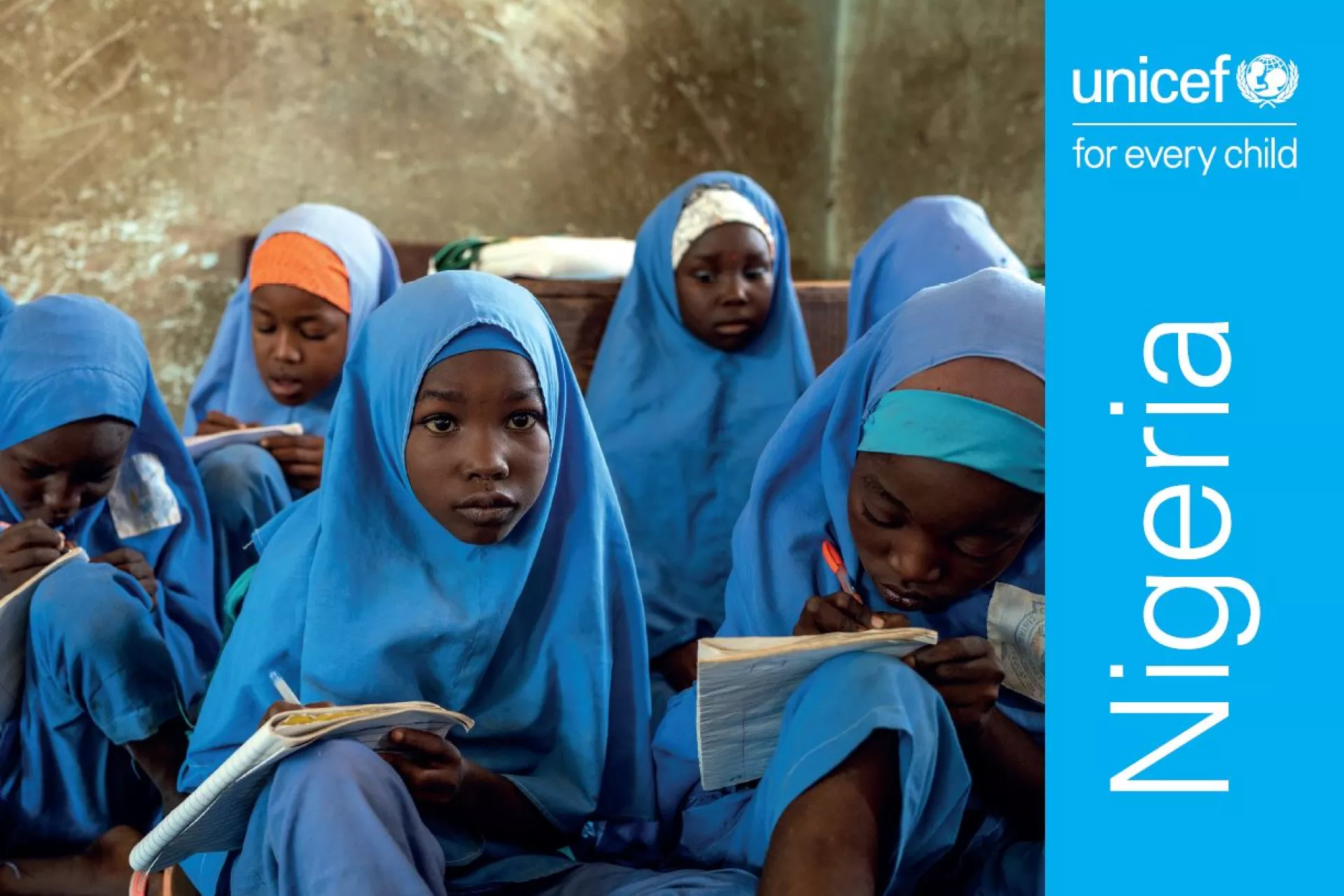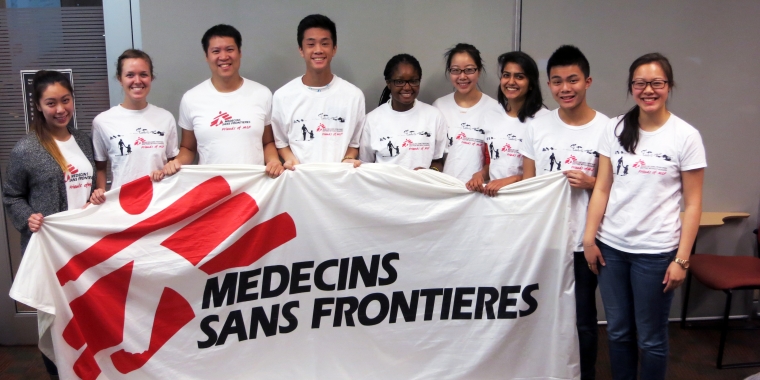
Sustainable Impact of NGOs and CSR Initiatives on Nigeria’s Health and Education Sector
In Nigeria, Non-Governmental Organizations (NGOs) and Corporate Social Responsibility (CSR) initiatives have emerged as crucial agents of change, especially in health and education. By bridging gaps in infrastructure, capacity, and access, these entities have tackled pressing challenges that the government alone cannot adequately address. This article delves into the sustainable contributions of key organizations and CSR programs that have transformed the lives of millions of Nigerians, highlighting their enduring impact and future potential.
—
1. The Scope of the Challenge
Health Sector
Nigeria faces critical healthcare challenges, including maternal mortality, malnutrition, infectious diseases, and inadequate health facilities. Over 60% of the population lacks access to basic healthcare, according to UNICEF. NGOs and CSR initiatives have stepped up to bridge this gap by delivering innovative healthcare solutions and infrastructural development.
Education Sector
With approximately 10.5 million children out of school in Nigeria—the highest number globally—education remains a formidable challenge. Contributing factors include poverty, child labor, inadequate facilities, and a lack of teacher training. NGOs and socially responsible corporations are addressing these issues through scholarships, skill development, and infrastructure.
—
2. Outstanding NGOs in Health and Education
a) Doctors Without Borders (Médecins Sans Frontières – MSF)
Operating in conflict-affected zones, MSF has been a beacon of hope for Nigeria’s underserved populations. MSF provides free medical care, including surgeries, nutritional assistance, and maternal health services. The organization also plays a key role in combating infectious diseases such as cholera and meningitis.
- Key Achievements: In 2022, MSF treated over 300,000 patients in Nigeria and vaccinated thousands against cholera in epidemic-prone regions.
b) Action Health Incorporated (AHI)
AHI focuses on improving the sexual and reproductive health of Nigerian youth through education and healthcare programs. Their advocacy for gender equality and youth empowerment has influenced national policies on sexual health.
- Key Achievements: The organization has reached over 1 million adolescents with health education and services, empowering young people to make informed life decisions.
c) Teach For Nigeria (TFN)
Teach For Nigeria places skilled graduates in underserved schools across the country to tackle educational inequality. By improving the quality of education in low-income areas, TFN is transforming learning outcomes for Nigerian children.
- Key Achievements: TFN has recruited and trained hundreds of fellows who have impacted over 100,000 students in marginalized communities.
d) Educational and Social Support Foundation (ESSF)
ESSF provides scholarships and vocational training to underprivileged students. The foundation also builds libraries and offers e-learning programs in rural areas.
- Key Achievements: ESSF has built over 30 community libraries and provided scholarships to 5,000 students across Nigeria.
—
3. CSR Initiatives Addressing Health and Education
a) Chevron Nigeria’s Health Initiatives
Chevron Nigeria is renowned for its commitment to improving healthcare through the Agbami Medical and Engineering Professionals Scholarship. The program focuses on developing the next generation of healthcare workers while addressing immediate health challenges.
- Key Achievements: The Agbami scholarship has awarded over 16,000 scholarships in health and engineering-related fields. Chevron also provides free medical outreach programs in rural communities.
b) The Airtel Touching Lives Program
Airtel Nigeria’s CSR program, “Touching Lives,” addresses health and education issues by offering support to underprivileged communities. Airtel has built schools, equipped healthcare facilities, and sponsored scholarships for disadvantaged students.
- Key Achievements: Airtel has built over 20 schools in remote areas and provided thousands of Nigerians with free healthcare through its outreach programs.
c) Shell’s LiveWIRE Initiative
The Shell Petroleum Development Company (SPDC) has focused its CSR efforts on education and entrepreneurship. Through the LiveWIRE program, Shell provides funding and mentorship to young entrepreneurs, particularly in health and education sectors.
- Key Achievements: Shell has trained over 7,000 young entrepreneurs in Nigeria and supported the establishment of over 1,000 small businesses.
—
4. Highlighted Success Stories
Building Schools in Borno State
An example of CSR-driven impact is the construction of fully equipped schools by the Dangote Foundation in Borno State. These schools cater to displaced children affected by insurgency, providing them with a safe environment for learning and psychological support.
Combating Malaria with the Malaria Consortium
The Malaria Consortium, an international NGO, has distributed millions of insecticide-treated nets across Nigeria, significantly reducing malaria prevalence in high-risk regions.
- Case Study: The distribution campaign in Kano State led to a 40% reduction in reported malaria cases within three years.
Empowering Girls through EducateHER
EducateHER, a Nigerian NGO, focuses on keeping girls in school by addressing barriers such as early marriage and lack of sanitary facilities. The organization has distributed free sanitary products and provided advocacy programs in rural areas.
—
5. Challenges Faced by NGOs and CSR Projects
Funding Limitations
Many NGOs and CSR programs operate on constrained budgets, limiting the scale and sustainability of their initiatives. Diversifying funding sources remains a critical challenge.
Policy and Bureaucracy
Regulatory hurdles, coupled with inconsistent government policies, often delay project implementation and reduce impact.
Cultural Barriers
In some regions, cultural resistance to modern healthcare or education practices hinders progress. Advocacy and community engagement are essential to overcoming these barriers.
—
6. The Future of Health and Education Interventions in Nigeria
To ensure long-term impact, future efforts should focus on:
- Digital Integration: Leveraging technology to improve healthcare access and educational delivery.
- Sustainability: Developing programs that empower communities to take ownership of initiatives.
- Collaboration: Fostering partnerships between NGOs, corporations, and the government to pool resources and expertise.
—
Conclusion
NGOs and CSR initiatives have become indispensable in Nigeria’s journey toward health and educational equity. Their programs have saved lives, transformed communities, and empowered the next generation of Nigerians. While challenges persist, the dedication of these organizations ensures that progress continues unabated. As more stakeholders join hands to amplify these efforts, the future of Nigeria’s health and education sectors looks brighter than ever.
For more detailed insights and inspiring success stories, follow updates from these organizations on their official websites and social media platforms.



